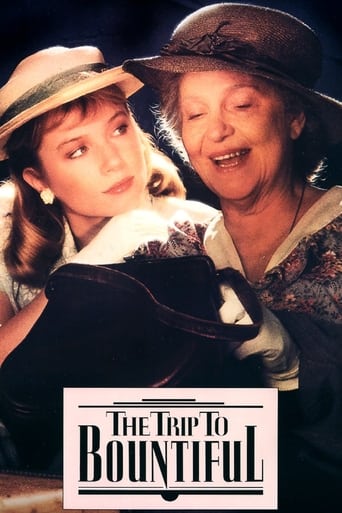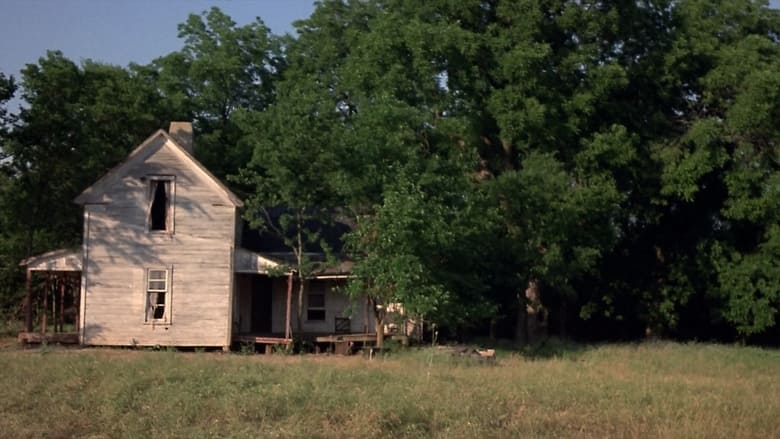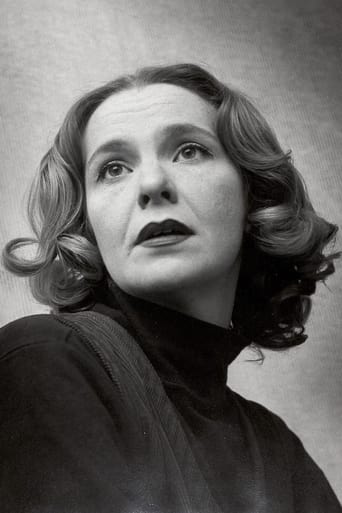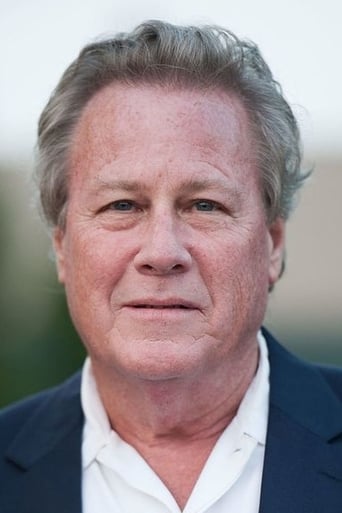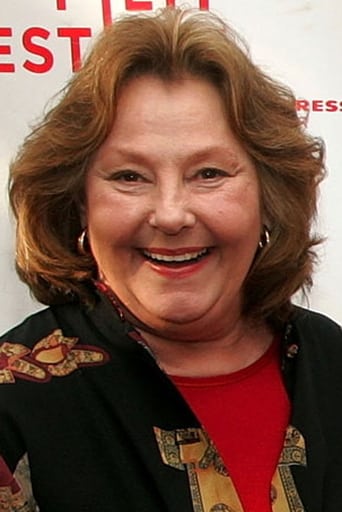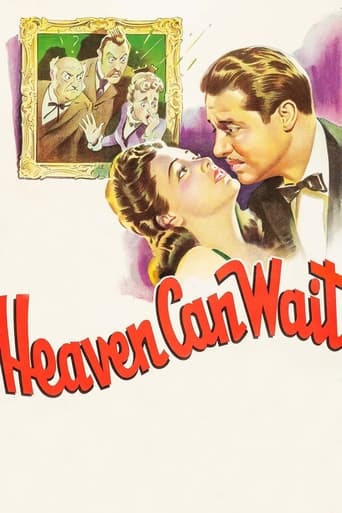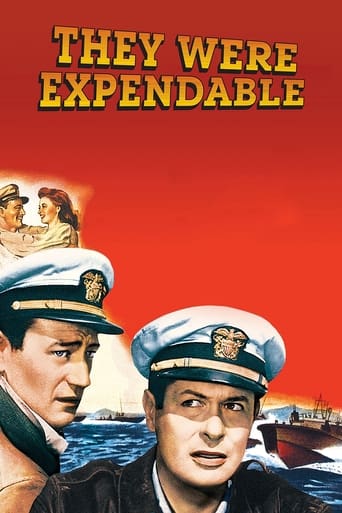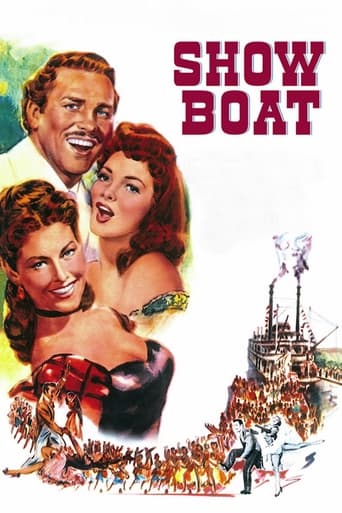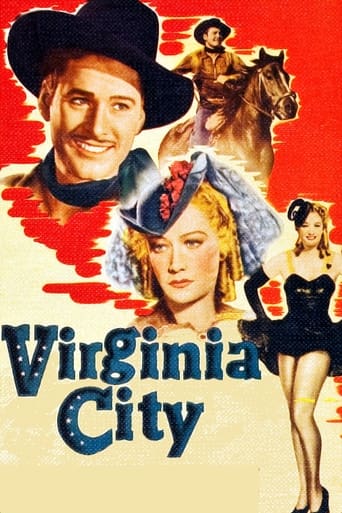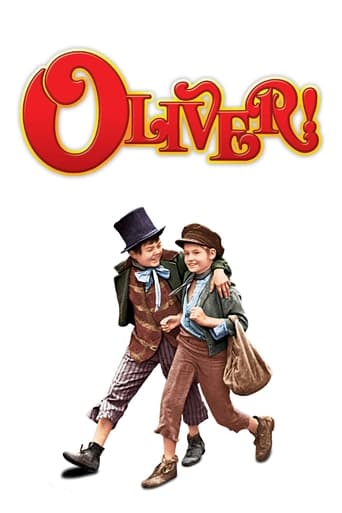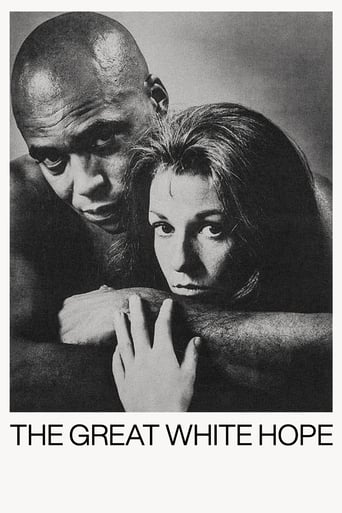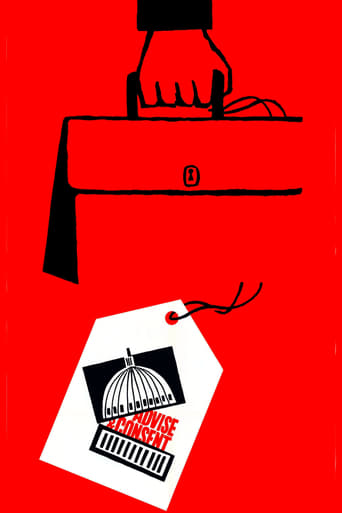The Trip to Bountiful (1985)
Carrie Watts is living the twilight of her life trapped in an apartment in 1940s Houston, Texas with a controlling daughter-in-law and a hen-pecked son. Her fondest wish – just once before she dies – is to revisit Bountiful, the small Texas town of her youth which she still refers to as "home."
Watch Trailer
Cast
Similar titles
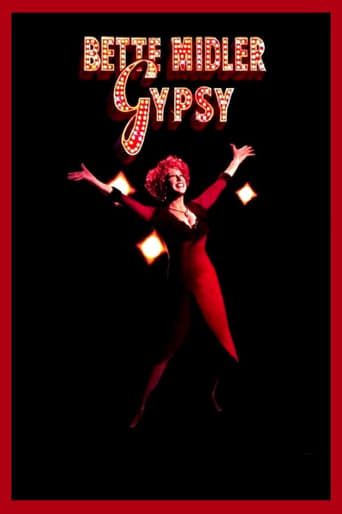
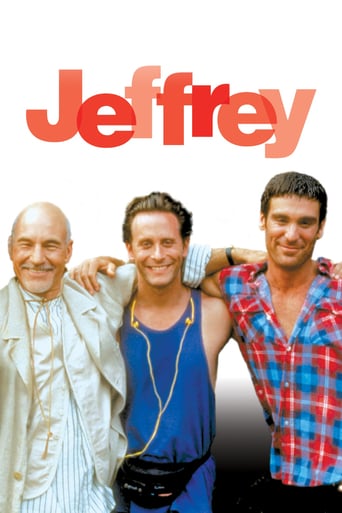
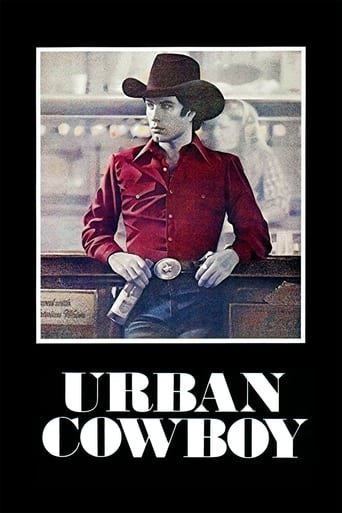
Reviews
Absolutely the worst movie.
It's the kind of movie you'll want to see a second time with someone who hasn't seen it yet, to remember what it was like to watch it for the first time.
Like the great film, it's made with a great deal of visible affection both in front of and behind the camera.
The film may be flawed, but its message is not.
Geraldine Page won the Best Actress Oscar in 1986 for her performance in this film as Mrs. Watts, a doddering old lady who seeks to return to her old homestead in Bountiful, Texas amidst the grumblings of her son Ludie (John Heard) and termagant daughter-in-law Jessie Mae (Carlin Glynn). One afternoon, she runs out of their apartment in Houston and gets on a bus where she meets a sympathetic young woman, Thelma, ( Rebecca De Mornay), who provides some solace and support along the way. The film throughout showers the viewer with lots of maudlin pontifications emanating from Page's stagey characterization, one that seemed like a rehash of Faulkner and Tennessee Williams roles she may have been involved in over the years. This film gets a lot of praise, but I found it a sentimental mish mash about aging amidst rose colored memories of the past. Page's performance impressed me as very repetitive and ultimately a bit tiresome, creating a character to whom I found myself engendering little compassion. On the other hand, Heard and De Mornay, I thought, put in quite creditable performances that in many respects outshone Page.
This is acting legend Geraldine Page's final Oscar-winning performance at the age of 61, after harvesting eight nominations during her renowned silver-screen career, and she passed away two years later in 1987. So Ms. Close, don't give up your hope yet, please live long and prosper.THE TRIP TO BOUNTIFUL is an adaptation of Horton Foote's eponymous play, sets in Houston in 1940s, Mrs. Watts (Page) lives with her son Ludie (Heard) and his wife Jessie Mae (Glynn) in a two-room apartment, for almost two decades, Mrs. Matts tries to visit her hometown, Bountiful, an obsolete town being forgotten by any train or bus schedule, for the last time, however, Ludie and Jessie Mae can always pre-empt her plan in the past years, this time, after a sleepless night and the quotidian spat with Jessie Mae, plus a sinking spell may indicate that she has some heart problem, Ms. Watts ramps up all the courage and she must go back to Bountiful on her own, with the pension check she smartly concealed from Jessie Mae.Luck is also on her side, finally, she dodges Ludie and Jessie Mae's search in the bus station and befriends with her fellow passenger Thelma (De Mornay), a young married girl whose husband is dispatched to the war zone, on the bus to the nearest town from Bountiful. A quasi mother-daughter bond builds tenderly while they confide their stories en route. When Thelma leaves for her destination, Mrs. Watts stays over in the local station until the Sheriff (Bradford) arrives to inform her that Ludie will fetch her up at the morning. Out of despair, Ms. Watts plead the Sheriff to drive her to Bountiful, allow her to see her old house for the last time before Ludie arrives.This is a featherweight indie picture, with a handful of actors, spanning merely two nights and two days, Page's Mrs. Watts is always in the centre of the story, she is a country girl in spirit, crammed in a small apartment and crashes with an ultra-selfish Jessie Mae in every possible way (the hymn, the pout and the gait), as she pointedly confesses to Thelma - when you have a son, when he marries, you lose a son, but if you have a daughter, when she marries, you get a son! She is too benign to defy Jessie Mae since Ludie is a weak- minded man, a mother's self-sacrifice is inbuilt, her longing for the land where raises her is the only getaway from a grating reality. Ms. Page pitches at every note of emotions precisely in her warm and endearing performance, looks rather older than her real age, she doesn't possess any idiosyncrasy or appeal to be a figure under the spotlight, Mrs. Watts is such an ordinary old woman one can meet everyday and pay no attention of, but thanks to Foote's very personal and unostentatious script, her mere dream is amplified into a universally affecting pursuit of fulfilment, particularly edifying for us, as our parents are in the same range of Mrs. Watts, homesick, nostalgia and past memories become all they have in the world. In retrospect, it is rather astonishing to realise from Houston to Bountiful it only takes more or less 10-12 hours by driving, how come Ludie never brings his mother to visit for once is quite baffling, he is not that callous kind. John Heard's acting is not at the same clique as Page's not only because Ludie is a pretty dislikable character in default, his only great moment is his big confession scene, otherwise, he is a bland actor. Carlin Glynn's Jessie Mae, on the other hand, excruciatingly hammy, but frankly speaking, Glynn saves the day by injecting a patina of self-awareness which underlines maybe Jessie Mae is not a complete damaged good, she is an egocentric virago for sure, but she is not the evil kind, she is not entirely hostile towards Mrs. Watts, her life is also stuck in a stifled status quo, sometimes we stupidly and unintentionally discharge our dissatisfaction towards those who are near us, it's just human nature, no misogynous overtone is agitated. In a word, THE TRIP TO BOUNTIFUL is Ms. Page's showpiece to the hilt, a star-making device aiming for that golden statue and it succeeds, but you could say it is a fair play, and in 2014 a TV remake with a core black cast with Cicely Tyson, Vanessa Williams and Blair Underwood, verifies that this old yarn is still relevant nowadays.
The acting is first rate, but, despite her Oscar, Page was better in Woody Allen's Interiors, in a much more demanding and unsympathetic role. The real stars here are Glynn and Heard, and it's a tossup as to which actor is better, for neither is as accessible as the Page role. Glynn's role is as a seeming bitch, but we never really believe that, as in several moments throughout the film we see she really does care for her mother. Heard's character never has problems showing he cares, but he is a classic hen-pecked type. Since abrasiveness and seeming cowardice are not valued traits, it's no wonder both Foote and the audience sympathize more with Mother Watts, and this is why she is the de facto lead, even if her tale is the least interesting, and most predictable, of the three- especially when we learn that two of Ludie's siblings died in that town, in childhood. The character played by DeMornay is, by contrast, merely a plot device to get inside Mother Watts. With that done, her exit from the film is anticlimactic.The film got mixed reviews on its release, but even those who praised it did so for the wrong reasons, lumping it in with lesser nostalgic schlock like The Color Purple and the later Driving Miss Daisy. There was also the critical cribbing regarding Mother Watts' first name, as well as some claims that the film has flashbacks, due to the opening credits scene where we see a young Mother Watts and child Ludie running through a field of flowers. But, since this is the opening shot, and is never repeated, it cannot be a flashback. The film could be considered a flashforward, but given the bulk of time spent in the film's present, this is ludicrous. It does, however, amply show the problems many critics have in dealing with art that does not conform to their preconceptions, nor the promotional material they are given. The film's main themes song, Softly And Tenderly, sung by Cynthia Clawson, is memorable, but scoring is not a strength of this film.The Trip To Bountiful has many great points and moments, but it is not a great film, for the translation between media is a difficult thing to pull off. But, the film shows the failure of much contemporary writing, with an over-reliance on diurnal description and rote explanation, whereas true characterization comes from observation- the viewer being to observe what and what not the character does, and how that has an effect on the character, even if the whole observational process is discreetly exhibited. This film is a great example of characterization at its finest, and even though it does not achieve overall greatness in this medium, it small failures point out the way that the truly great works of the filmic medium do achieve it. Thus, it recapitulates much of the learning process that the tercet of main characters undergoes. Not bad for a failure, eh?
This takes place in the 1940s. Carrie Watts (Geraldine Page), an elderly woman, is living with her son Ludie (John Heard) and his wife Jessie Mae (Carlin Glynn). Ludie is henpecked by Jessie Mae and Jessie treats Carrie like dirt. All Carrie wants is to visit her home town before she dies. Ludie and Jessie won't help her so she decides to go on her own.This is one of those quiet movies that people (mostly critics) fall all over themselves praising. Page won a well deserved Oscar for this but, aside from her acting, this is a slow-moving and frankly dull tale. Perhaps it worked well on stage but it certainly doesn't transfer to film. I have no problem with quiet slow-moving movies at all as long as they're interesting or innovative. This is neither. I knew exactly where this was going and exactly how it would end up. There were no surprises at all. Page's excellent performance doesn't disguise the fact that this is a totally predictable and boring movie. Just because a movie is quiet and slow doesn't automatically make it some work of art. Worth catching for Page and Rebecca De Mornay (a passenger Page meets on the bus) but little else. To make things worse the character of Jessie Mae is so unpleasant and cruel that she becomes a caricature. I don't blame the actress Glynn for it--I blame the writing. A slow, dull, wildly overpraised movie. I can only give it a 5.
